Some may think a simple term like “off-grid living” is also easy to define… but when we started our own journey to go live off-grid, it was surprising to learn that there are many different views and definitions, depending on context. I’ve narrowed it down to three!
The Technical Definition of Off-Grid Living: Not Being Tied to a Grid
The way we defined off-grid living when we prepared to make the move (and the way we thought everyone thought about it) was simple and straightforward: if you’re not tied to a physical grid or network, you live off the grid.
This means that if you have no mains electrical power or water connection, you’re technically off-grid.
There is some discussion about whether having access to radio waves, 3G/4G and phone, or satellite counts as being off-grid…
And we’ve met people who say they live off-grid even though they are connected to the village’s water supply, because their solar panels and batteries are not connected to the power grid.
We’ve met people with dozens of soler panels, very powerful generators and huge water tanks who live the deluxe off-grid life; and we’ve met people who aren’t able to run their fridge in winter because there’s just not enough electricity – or who run out of water mid-summer because their water reservoirs just aren’t big enough to catch all the rain we get in spring and autumn. We’ve met people who live off-grid in a mansion, people who live off-grid in a cave or a cabin, and people who live off-grid in a tiny house or an RV.
All in all, we believe there really is no “right” or “wrong” way to live off-grid.
Extreme Off-Grid Living: Going Back to Basics
What was more surprising at first, was that even when we were living in a tiny converted shed with just our solar panels and water from a borehole (no internet, not even a mobile phone connection unless we walked up the hill) – some people told us we weren’t living off-grid. Not really – as long as we still had electricity, and running water, it didn’t count.
It soon became clear that this was not an isolated thought or opinion. I work online and use our pretty stable internet connection to run my business day after day, but I still missed out on a couple of great projects because the potential client thought I wouldn’t be able to deliver due to a lack of basic amenities. I soon learned to either not mention the off-grid living situation, or explain clearly that it still allowed me to work online without problems!
The Meaning of “Going Off The Grid”
Since I don’t live in the US, this is a sentence I’d mostly hear in movies and TV series: “I’m going off the grid” or “he and his family moved off the grid”.
This expression is used when people move to become hard(er) to find or even disappear from the face of the earth… even though this “off the grid” life might still have access to mains water and power supply.
Moving off the grid is often associated with criminals and fugitives, extremists, and cults… not quite what most people want to be associated with just because they’re not connected to a power grid!
Going off the grid is also something backpackers and people who enjoy slow travel experiences like to do – for them, it could go from roughing it in an isolated cave on top of a mountain to staying at a beautiful bed and breakfast in the countryside and turning their mobile phone off for a night. In that sense, “going off the grid” might be pretty enjoyable!
Most of the time, you’ll find the term “going off the grid” associated with preparedness or wilderness survival – whether it’s just for the weekend, or as a way of life.
Off-Grid Living is a State of Mind
These days, I like to say we live “off the beaten path”. It immediately creates the association of not having a lot of people around us (check), not having easy access to a lot of modern goods and services (check), without having people who don’t know better think we’re extremists who fled civilization – or having people who think they do know better tell us we’re “not really off-grid”.
Generally, I’ve found that there are many groups and opinions within the off-grid living community – from vegans to people who raise their own animals for meat, from people who bathe in luxury to people who only have bare necessities, from people who grow their own food and try to live a more sustainable life to people who couldn’t care less and drive hours every week just to get their favorite brands from the supermarket, from people who live in the middle of the city but got disconnected from the grids – to people who live in the middle of nowhere.
Living off-grid is really something almost anyone can do, in their own way.

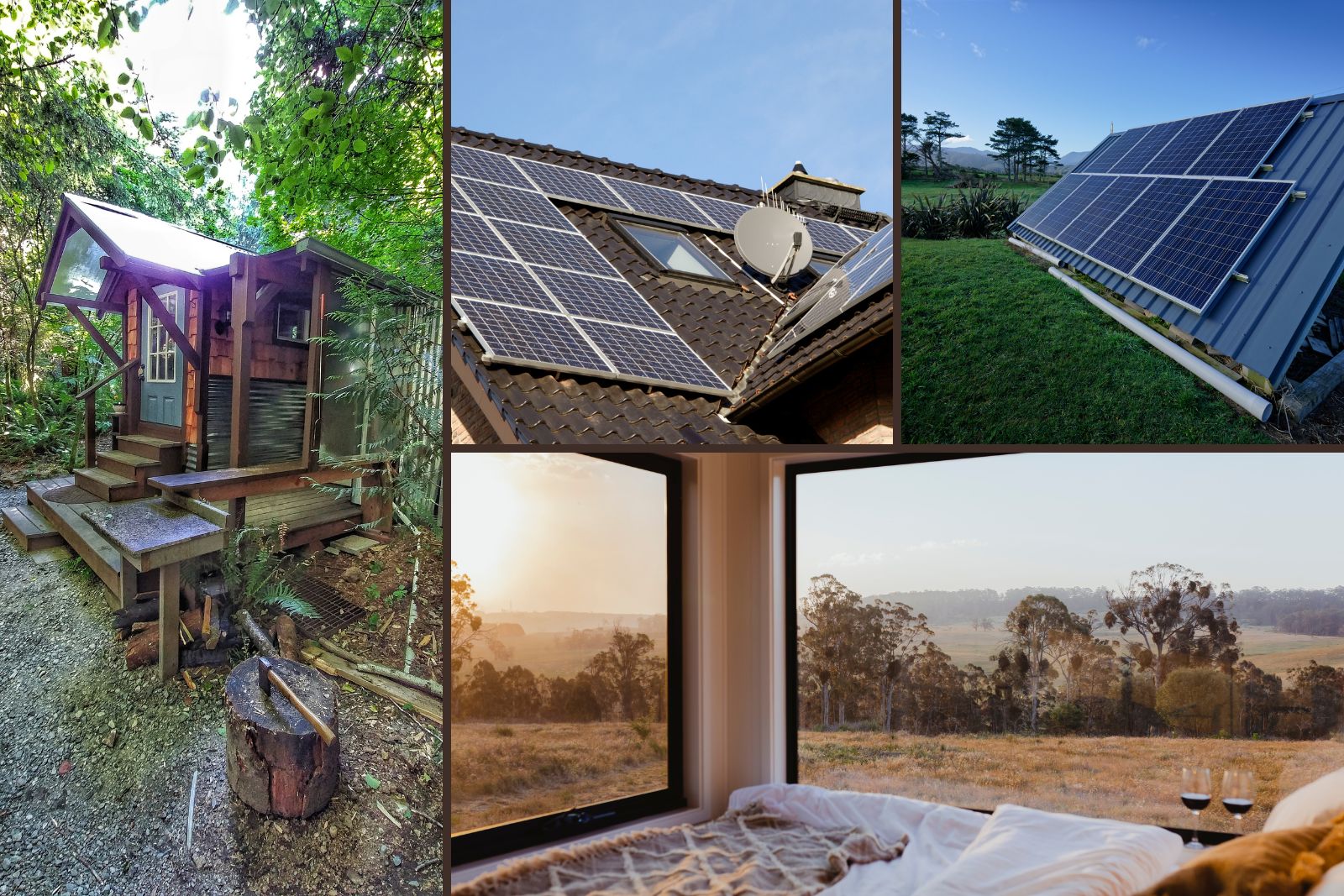
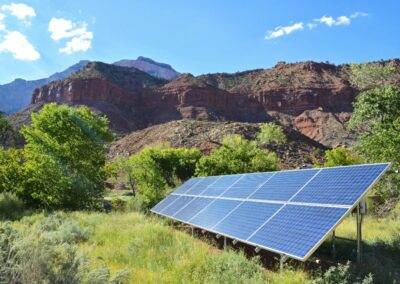
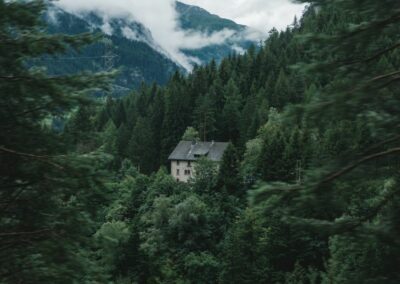
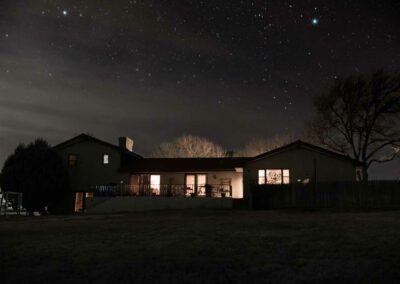
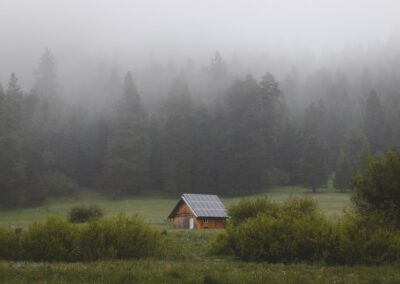
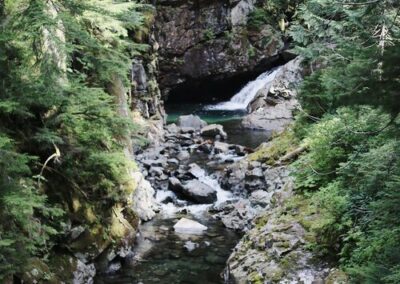
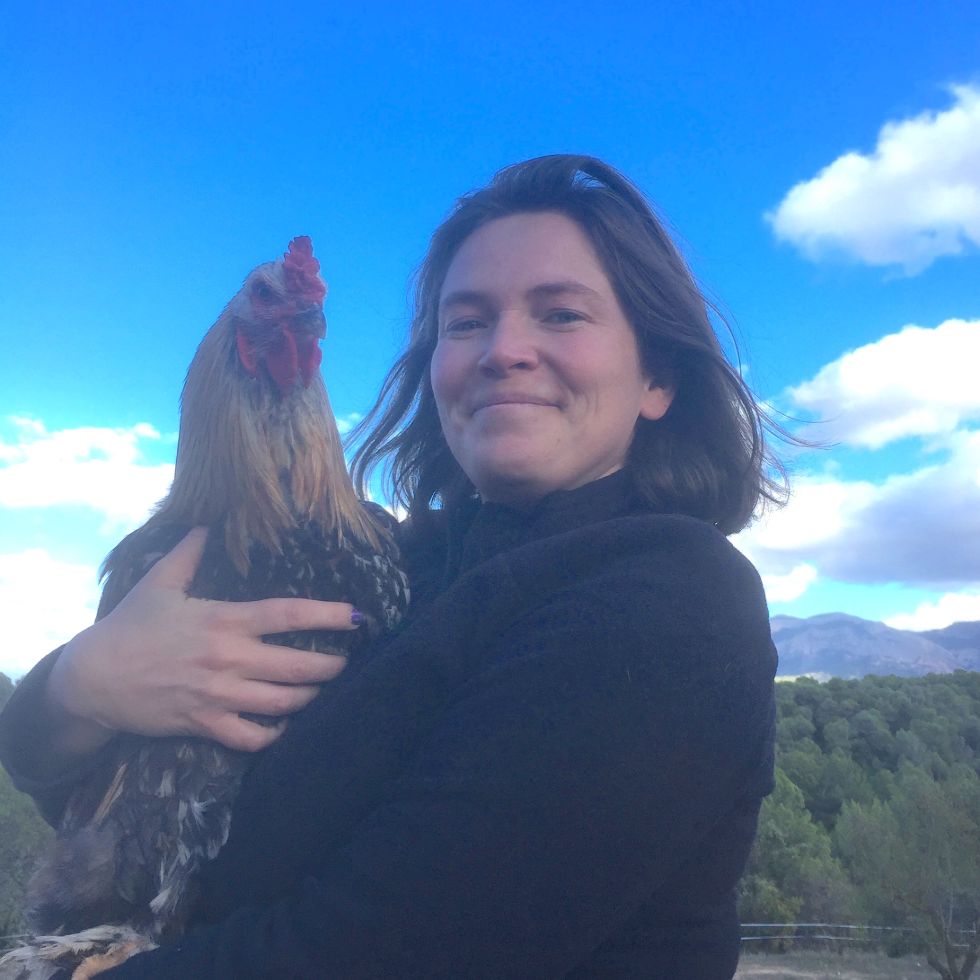
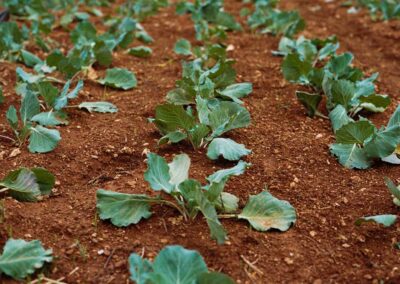
Impressive, I’m in Spain and thinking about where to start and about legality etc.. Any tips? Cheers
Hi Tom,
I couldn’t tell you right now what the best place to start out is legality-wise; much depends on the rules and regulations in your local region + there are even slight differences from one village (ayuntamiento) to the other.
I’d start by looking at where you want to live climate-wise (e.g. we wouldn’t want to live near the coast where it gets super humid), scenery-wise (we love being in the olive fields with mountain views!), and easy access to thing you find important (an airport, great skying or climbing spots, a city with shops, etc). Then you can start narrowing down – definitely talk to others who live off the grid in the comarcas of your choosing!
This article may help: https://sunnysimpleliving.com/7-steps-to-moving-off-grid/